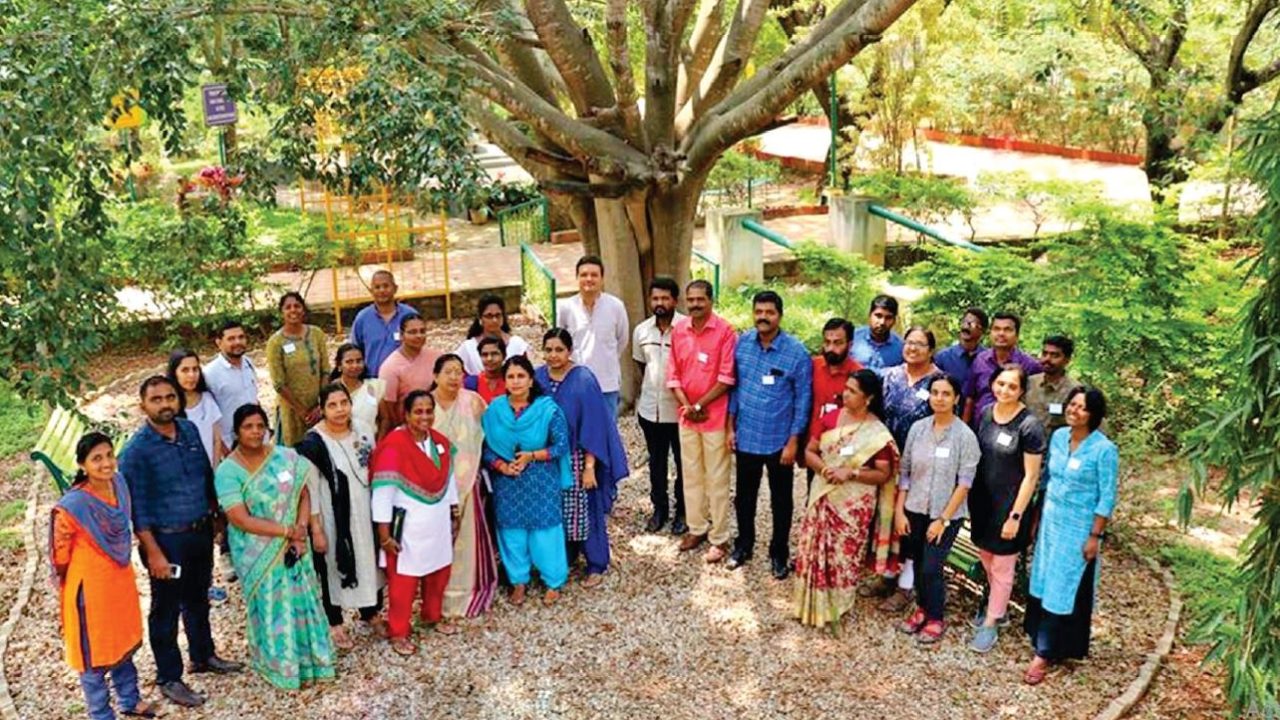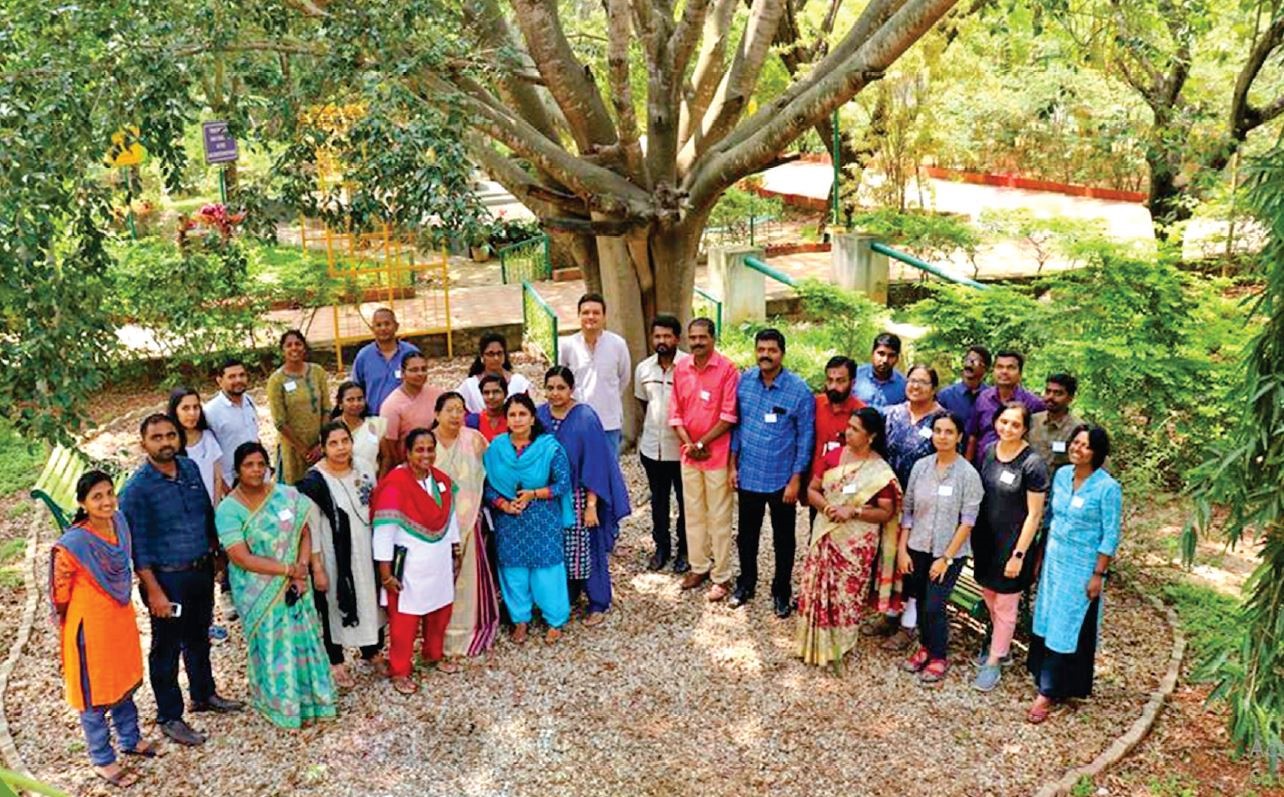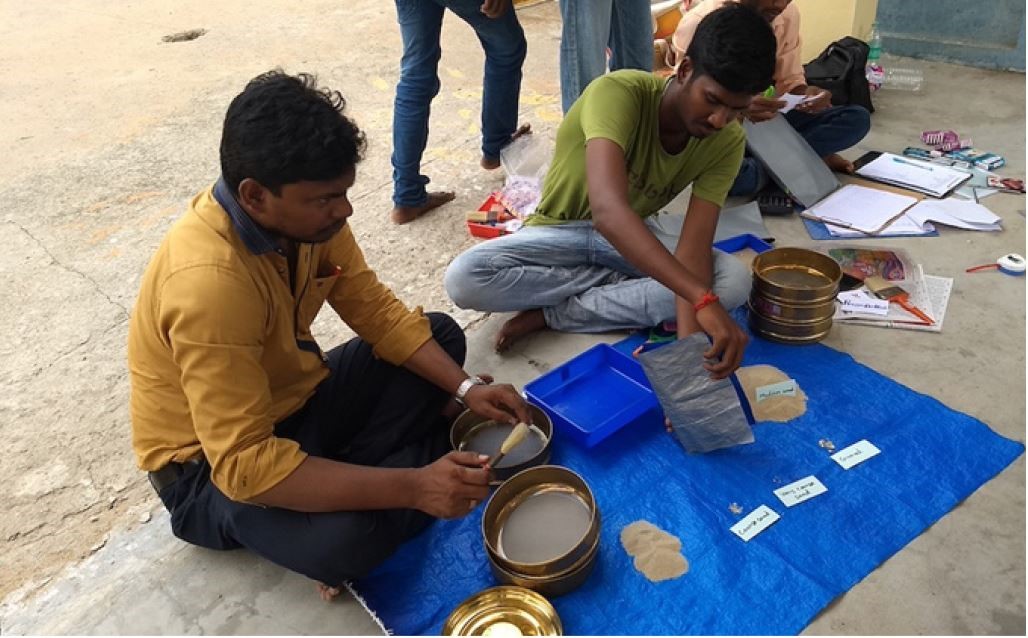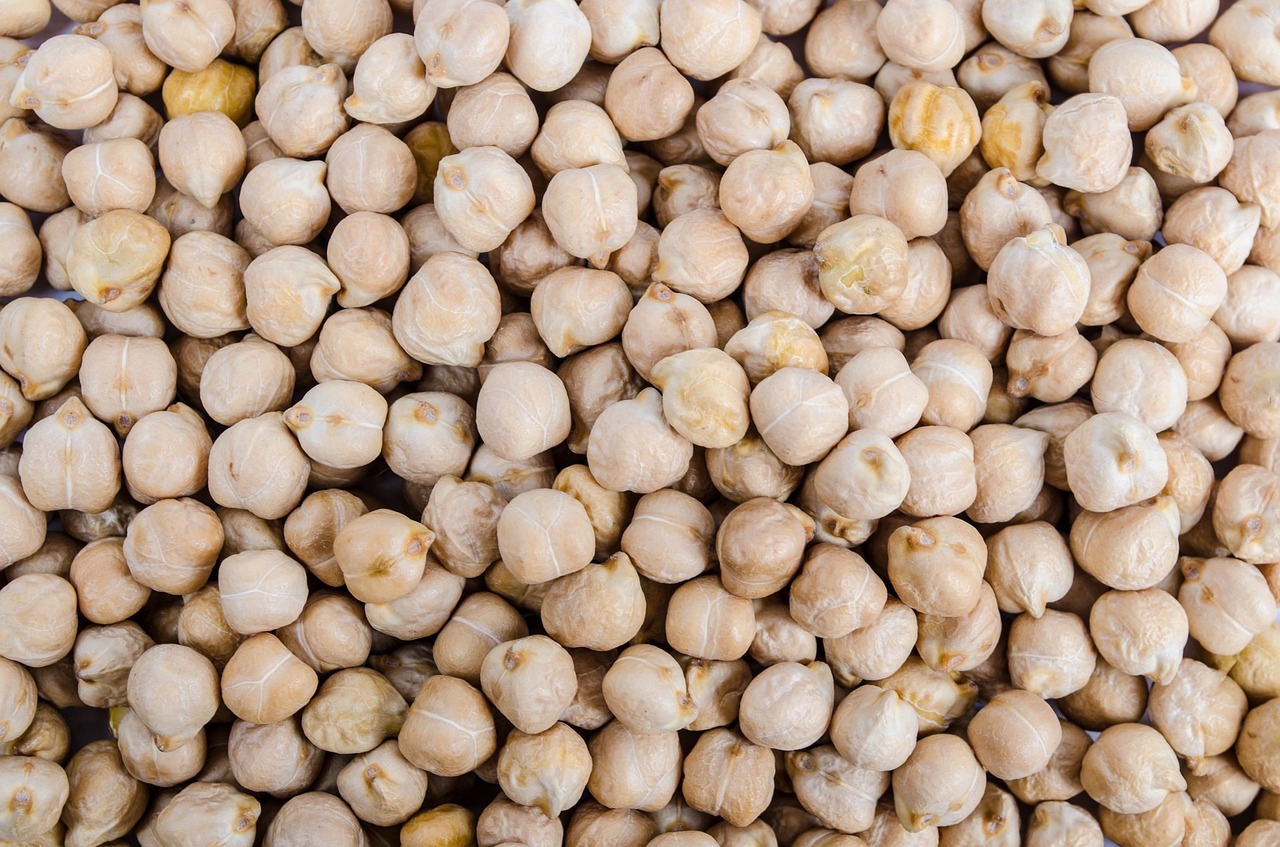
Citizen Science Growing in India
- News
- 2.1K
Just imagine sitting with your laptop in your home and working in your spare time, and being able to discover a new celestial object. You can use a mobile app on your smartphone to report rainfall or spot a migratory bird, and you may end up contributing to a significant research finding.

This is what thousands of citizen scientists are doing, as citizen science projects in the country are on the rise. Citizen science is nothing but scientific work undertaken by common people, in collaboration with scientists and research institutes. People participating in such projects are not scientists themselves or even students of science. All they need is an inclination towards science and basic knowledge about data collection.
The concept is gaining rapid popularity in India and citizen science projects have considerable potential to contribute to environmental monitoring, regulation and even decision making, a new report on citizen science has concluded. The growing interest of people in participating in science is central to this development.
Citizen science is growing mainly due to rising awareness among people about the need for the scientific and accountable environmental regulatory regime, and availability of digital and big data tools for data collection and sharing. “The trend also shows that citizens are not only demanding accountability and results but are increasingly participating in the processes of doing science and creating knowledge,” says the report authored by Pankaj Sekhsaria and Naveen Thayyil of the DST Centre for Policy Research at Indian Institute of Technology Delhi.

The study mapped citizen science projects in the area of environment and ecology. The phenomenon is about a decade old and, at present, it is estimated that there are 25 to 30 citizen science projects in ecology operational in the country. The number is expected to grow in the years to come. The report studied 17 such projects in detail. In most cases, projects have been initiated by scientists or scientific institutions and citizen scientists are contributing to the collection of ecological data via digital and other tools.
The number of citizen scientists contributing to these projects ranges from a few hundred to over 12,000 in one case. A majority of the projects are ‘data contributing’ projects in which citizens upload data pre-determined formats. The volume of data being contributed also varies across projects – from a few hundred data points to ten million in the case of the most popular citizen science project about bird count – eBird India.
A few projects related to mapping environmental parameters like in the case of ‘Beach Profile Monitoring Program.’ In this project, citizens are involved in recording different characteristics such as slope, width, and sand grain size and type on a regular basis to map changes in the profile of a beach over time, in Tamil Nadu and Puducherry.
Another project is collecting data from citizen scientists about animals killed in road and train accidents. People can upload geo-tagged photographs taken on their mobile phones of wild animal deaths they come across on roads they travel through. These images help scientists to identify stretches where road kills are high, and they can then communicate the information to policymakers for necessary action.
In other projects, citizen scientists have also been discovering new species, new behavior and distribution patterns of wild animals. An important category of projects is about aggregating information such as the India Biodiversity Portal and Bio Atlas India.
“Central to the increasing popularity, even the possibility of Citizen Science, is a set of modern technologies that facilitate recording, transmission, and analysis of data. The technologies include among others, smartphones and a range of apps that help in recording and documentation, the internet that facilitates the transmission of data and a range of tools and software that help in analysis,” the report says.
At the same time, citizen science projects are also facing certain challenges. These include financial sustainability, using tools and mechanisms of Citizen Science projects in formal regulatory systems, sustaining citizen participation to realize its full potential, ensuring good quality data and issues relating to data ownership and conditions for use.
In addition to contributing data and adding to scientific understanding, the report says, Citizen Science projects can play a significant role in science education and public understanding of science. “What is needed is more conceptual engagement and structuring of projects to ensure these additional benefits,” the report has concluded. (ISW)
If you liked this article, then please subscribe to our YouTube Channel for the latest Science & Tech news. You can also find us on Twitter & Facebook.


